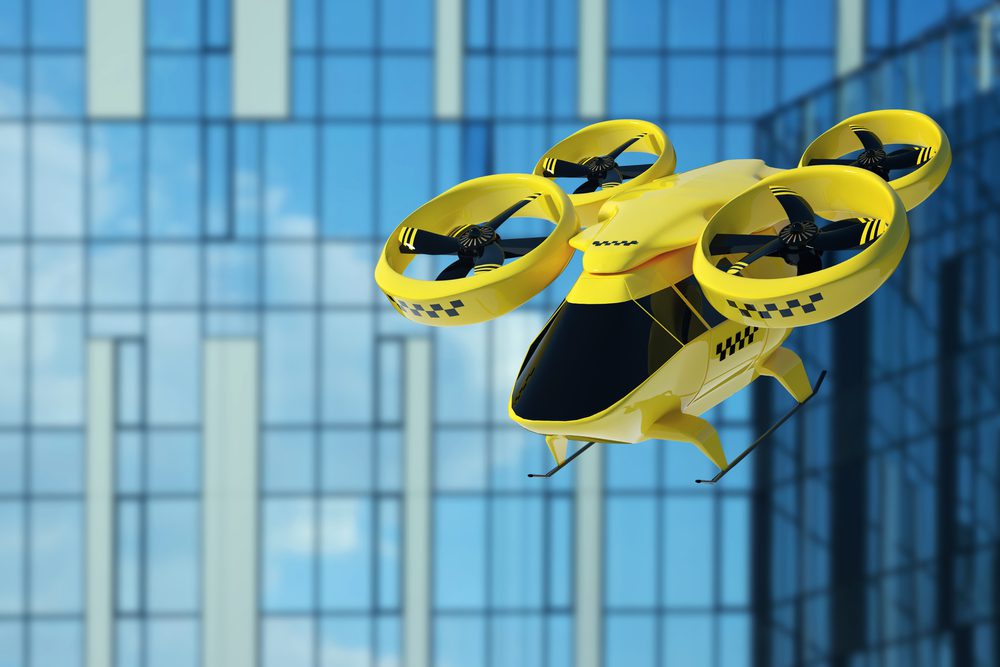According to figures from McKinsey, funding hit this level in the first eight months of 2021 from venture capital and the public markets through planned mergers with SPACS
Investors have poured an annual record $4.3bn into electric air taxi start-ups this year as many hope to uncover “the next Tesla”.
According to figures from McKinsey, funding hit this level in the first eight months of 2021 from venture capital and the public markets through planned mergers with special purpose acquisition companies (SPACS).
The money has rushed into the nascent market as funding for all types of future air mobility solutions, including drones, has soared 83 per cent to more than $10.4bn in the past five years, the consultancy said. The figures exclude non-public funding by strategic players.
It is one of the hottest markets, despite most start-ups not yet having a flying prototype. The excitement around this sector has drawn comparisons with the enthusiasm surrounding electric car companies, notably Tesla.
Peter Harrop, chair of technology consultancy IDTechEx, said parts of the air taxi industry have a promising future but warned that billions of dollars have been invested by people who want the easy money of finding the next Tesla.
We are in a white-heat situation where you can float almost anything for billions. We have companies that don’t yet have a product selling the dream and raising billions, he said.
But there are signs that some of this exuberance could be on the wane just as several high-profile air taxi start-ups, such as Lilium, Archer and Vertical Aerospace, prepare to go public later this year.
Joby Aviation, which listed on the New York Stock Exchange (NYSE) through a SPAC earlier this month and counts Toyota among its backers, raised less than expected on the day.
However, Joby said proceeds from its market debut alongside cash on its balance sheet were enough to fund the company through initial commercial operations.
Fellow start-up Archer Aviation recently cut its valuation by $1bn in a revised deal with Atlas Crest, the SPAC it is preparing to merge with. The groups said the change would establish a more attractive entry point for investors.
Robin Riedel, partner at McKinsey who leads the consultancy’s future of air mobility group, said: The enthusiasm we have seen in the first quarter of the year has quietened down a bit.
It’s due to a combination of things: overall the markets have become less excited about SPAC deals; the range of players has broadened; and people are accepting there might be delays in terms of things like certification, he said.
Michael Cervenka, president of Vertical Aerospace, which in June unveiled preliminary commitments from Virgin Atlantic, American Airlines and leasing company Avalon to buy up to 1,000 air taxis, told the Financial Times: This is a new space and with some frothiness coming out, you would expect redemptions.
Martin Warner, founder of start-up Autonomous Flight, one of the smaller players, said it was inevitable that once the hype goes people will trade out and it corrects. I don’t think there is anything wrong with that.
He said: You are getting a correction but I am still optimistic this industry is something really different.








